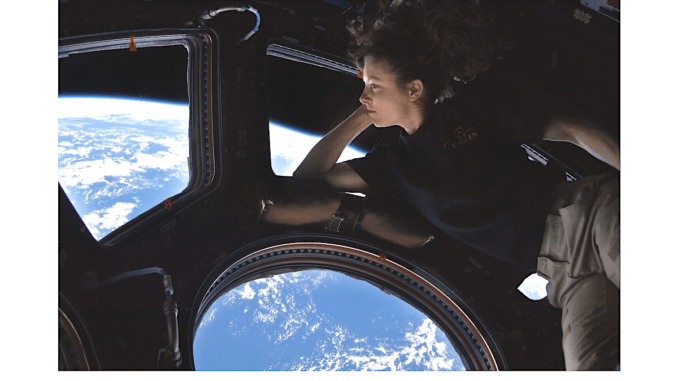
Following two billionaire-backed space tourism ventures launching this month, a debate is currently raging over who can be called an ‘astronaut’ and who is just a space tourist. And that got this site thinking about law tourism.
Law Tourism
Let’s face it, the law is a strange land, far away from most people’s lives. We all know what the law is and what it’s for, and it runs through everything we do, even if we may not be aware of it. But, it remains another country for the majority of people.
Yet, many of us – who are not lawyers – may end up crossing over the legal world’s highly regulated borders, not as clients, nor as advisers, but as ‘self-serve’ users or DIY contract makers.
The sales director who must get an NDA, but doesn’t want to wing it, nor ask the inhouse team to write up a bespoke contract, can now use a self-serve portal to complete an automated template to get the legal outcome they want.
The owner of an SME can go to LegalZoom, and many other sites today, and download an employment contract, filling in the gaps they need to, and perhaps even reading some attached legal guidance as part of the process of making their own legally binding contract.
In both cases no lawyers were directly involved. All the lawyer input was front-loaded, perhaps months, or even years before. The makers of the completed contracts were not exactly clients here, nor were they acting as lawyers, but they were engaging with a legal process, i.e. the creation of a contract.
So, we could say they were law tourists, just as passengers on Jeff Bezos’s and Sir Richard Branson’s vehicles are space tourists rather than being ‘real astronauts’.
[ Note: for those who follow the debate, the US Federal Aviation Administration has stated that a commercial astronaut is someone that can:
- Meet the requirements for flight crew qualifications and training under Title 14 of the Code of Federal Regulations (14 CFR) part 460.
- Demonstrated flight beyond 50 statute miles above the surface of the Earth as flight crew on an FAA/AST licensed or permitted launch or re-entry vehicle.
- Demonstrated activities during flight that were essential to public safety, or contributed to human space flight safety.’
On that basis none of the passengers of Virgin Galactic or Blue Origin were astronauts, as even if they hit the 50 miles altitude they weren’t contributing to space flight safety, they were going: ‘Whooooooooooo-hooooooooo!’ and taking selfies for five minutes before they came back to Earth.
If being a passenger on a space tourism flight makes you an astronaut then we’ll have to say that anyone going on a package holiday from London to Majorca is also now a pilot.]
Standards and Law Tourism
Self-serve contracting and DIY documents rely very much on standardisation, i.e. this is not meant to be a highly bespoke document that covers off every complex and unlikely scenario. It’s a legal mid-point, a stab at common sense over completitionism and an attempt at total risk destruction.
We see an increasing effort to standardise now. Take for example the OneNDA project to create a universal, basic NDA, which everyone can use. It’s certainly the document I would reach for if I needed to send another party my own paper. (And I’m not a lawyer, artificial or otherwise…)
But, that’s just one high profile example. It’s also a trend that has been gathering speed and momentum ever since someone stuck a template contract online – which must go back to the start of the internet, one would guess.
So, what is the point here? It’s that self-serve tends to support standardisation, and in turn that supports us law tourists to deftly tiptoe over the border into law land, have a look around, make the simplified contracts we need, and then swiftly head back to our world where law is this far away place that is kind of fascinating and a little scary too – a bit like space.
Maybe, as with the space industry, the real growth opportunity for the law is not massive projects, but tourism, in this case: law tourism.
—
By Richard Tromans, Founder, Artificial Lawyer – July 2021
[Note: the picture is of the observation cupola in the International Space Station – and clearly those going up there are not in most cases tourists – although, they do get a great view of our planet all the same.]
I observe that there seems to be an inverse relationship between (1) the desire to use a document generator (usually to save money) and (2) the capability of knowing what document to generate / what it should cover and the ability to fill in the blanks / respond to the questions properly. Alas. Or maybe I only see a good sample of the disasters and in the vast majority of cases it all works out just fine.
You are right Lyn. Here I think there is a business opportunity for law firms. If we stay with the travel analogy, the law firms could be providing travel insurance. So by using a document that is offered by a law firm, you also have an option to purchase insurance on the document in case something happens (like a pandemic or something).